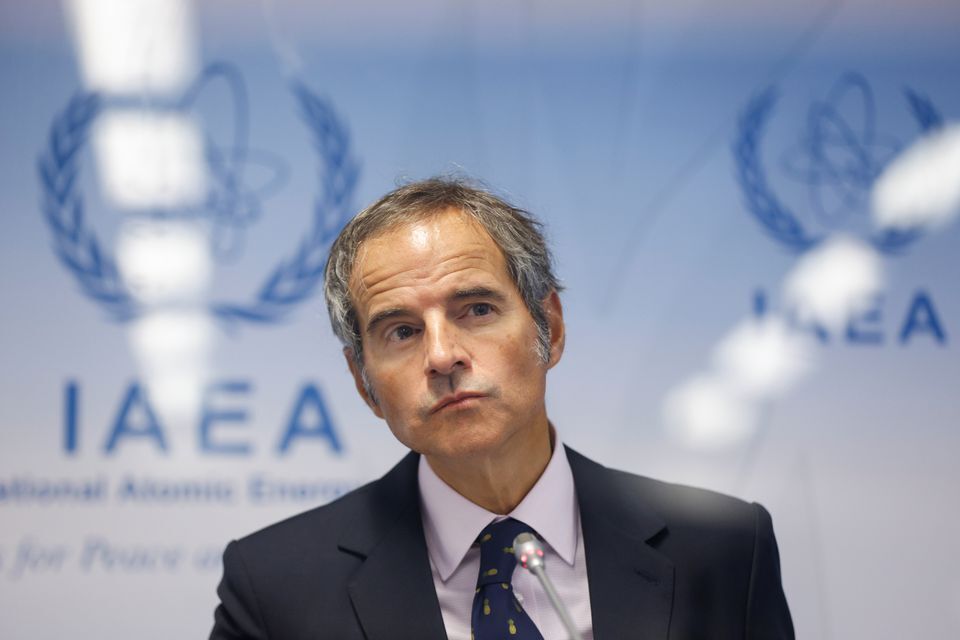Rafael Grossi told Al-Arabiya news network that “nuclear violations” push Iran further away from the process of talks and such “tensions” are in line with the interests of no one.
Grossi said the IAEA is trying to find explanations about certain “facts” in Iran, in a reference to the so-called undeclared nuclear sites, which Iran says are designated by the agency based on fabricated information it got from Israel.
He said the agency is after answers to its technical questions, claiming that Iran has failed to offer explanations on the traces of uranium found at the three sites.
Grossi also criticized Iran for turning off surveillance cameras of the IAEA in reaction to the recent resolution by the agency’s Board of Governors, which Tehran says was a politicized move based on the biased report by the director general.
“The cameras Iran has removed from its nuclear sites have been an important means of supervision by the IAEA and this country, with its actions, weakens the verification activities of the IAEA,” he said.
Iran says all cameras installed at its sites within the framework of the Non-Proliferation Treaty and the Safeguards Agreement remain in place. It says the removed cameras were the ones Iran had allowed as a goodwill gesture.
The country says the recent “partial” and “politicized” reports by the director general that led to the IAEA’s anti-Iran resolution persuaded Tehran to end its voluntary measures.
The director general also talked about Iran’s uranium enrichment at the 60-percent purity level, saying this is very close to what the western governments call weapons-grade enrichment.
He insisted that Iran should offer explanations on the “outstanding” issues, claiming that nothing bans the IAEA’s director general from obtaining information from other countries, in a reference to the information provided to the agency by Israel, a stance disputed by Iran.
